At 18 years old, Mariana Alvarenga from Honduras is already charting a path toward becoming a leader in food science and food security. As a 2025 World Food Prize Borlaug-Ruan International Intern, she spent her summer at the International Potato Center (CIP) in Peru, connecting her deep-rooted passion for agriculture with hands-on experience in science, innovation, and community impact.
A passion rooted in rural life
Mariana’s journey began early. Growing up in a rural community and attending a school near Zamorano University, she was surrounded by agriculture from the age of four. Harvesting bananas, cassava, avocados, and other crops in her own backyard gave her a real connection to the land and the food on her table. By the time she graduated from high school, she had earned an agricultural certificate after completing weeks of rigorous, hands-on training.
“Living in Honduras, I see daily the challenges of food insecurity,” she said. “Rising temperatures threaten beans, water scarcity affects families, and too many people struggle to access a healthy diet. These realities have inspired me to pursue food science as a way to make a difference.”
Connecting science with people
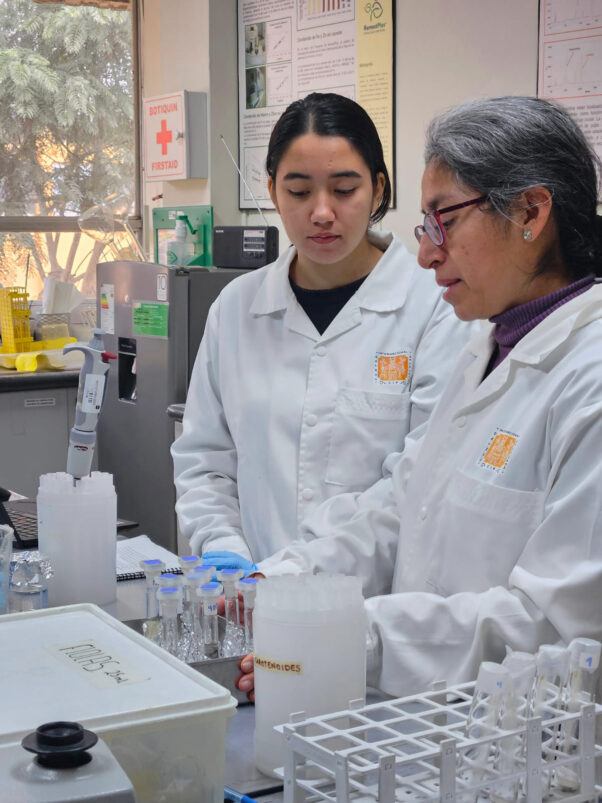
During her internship, Mariana experienced firsthand how CIP research translates into real-life solutions.
Under the supervision of Dr. Gabriela Burgos, senior scientist at CIP, Mariana was introduced to a wide range of activities at the Quality and Nutrition Laboratory and within the Crop Improvement Program. Her training plan included hands-on work in sample preparation and analysis of potato, yacón, and mashua, as well as direct engagement with community kitchens incorporating iron-biofortified potatoes in meal preparation. She also had the opportunity to interact with one of Dr. Burgos’s doctoral students and observe an intervention in rats designed to evaluate the effects of consuming purple-fleshed potatoes as a potential anti-obesity component. These experiences expanded her understanding of how advanced research connects to nutrition and public health.
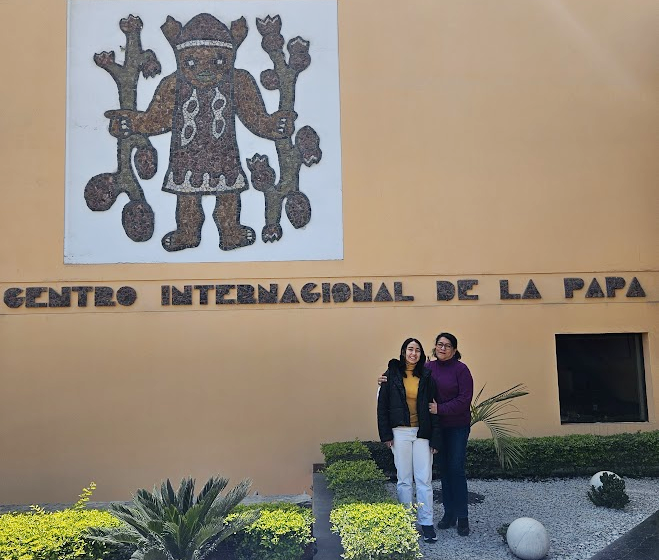
One defining moment came during a visit to a community kitchen (olla común) in Manchay, Pachacamac, where CIP donated iron-rich biofortified potatoes.
“I realized agriculture is not only about experiments in a lab or crops in the field,” she said. “It’s about applying science to improve health, dignity, and quality of life. Seeing the gratitude of the community made me understand how innovation can fight malnutrition and anemia.”
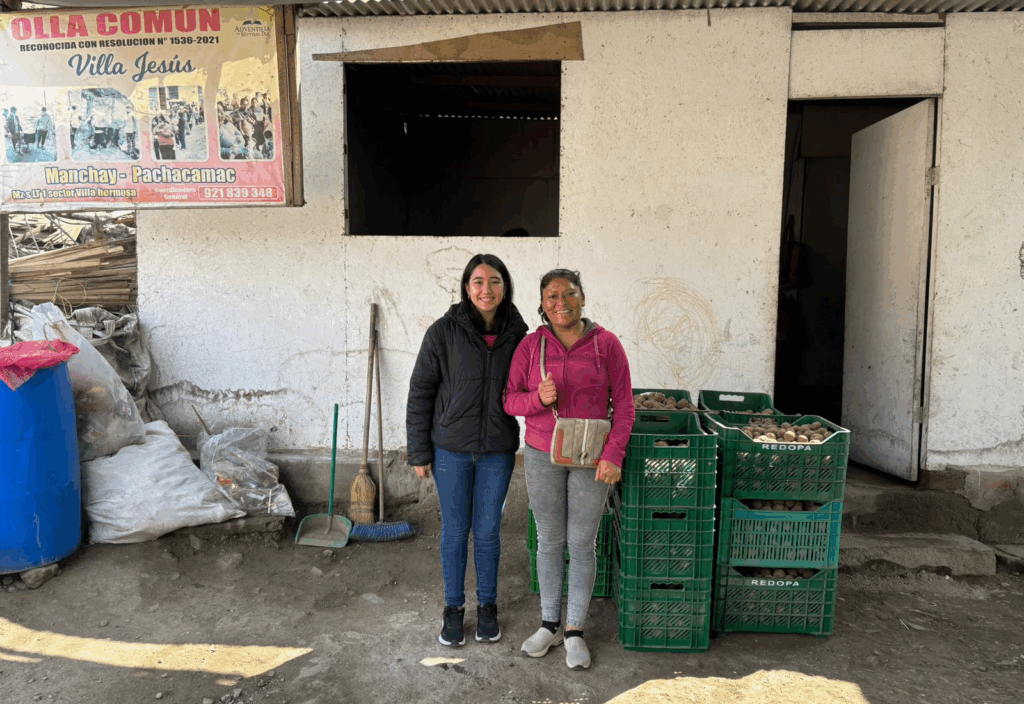
Working alongside CIP scientists also reshaped her view of research. “They’re not just scientists—they are change-makers who bridge innovation and humanity,” Mariana said.
Youth as drivers of change
For Mariana, involving young people in agriculture and food security is not optional, it’s essential.
“We are the generation that will face the challenges of climate change and hunger most directly. Youth bring creativity, technology, and new perspectives to old problems. We’re not afraid to ask questions or challenge the way things have always been done,” said Mariana.

“You don’t have to come from a farming background. What matters is the passion to learn and the desire to help others. Even small actions, like raising awareness in your school or community, can spark change.”
A global perspective, a local mission
Before this internship, Mariana had never left Honduras. The opportunity to join CIP through the World Food Prize Borlaug-Ruan Internship opened her eyes to the global scale of agricultural challenges and solutions.
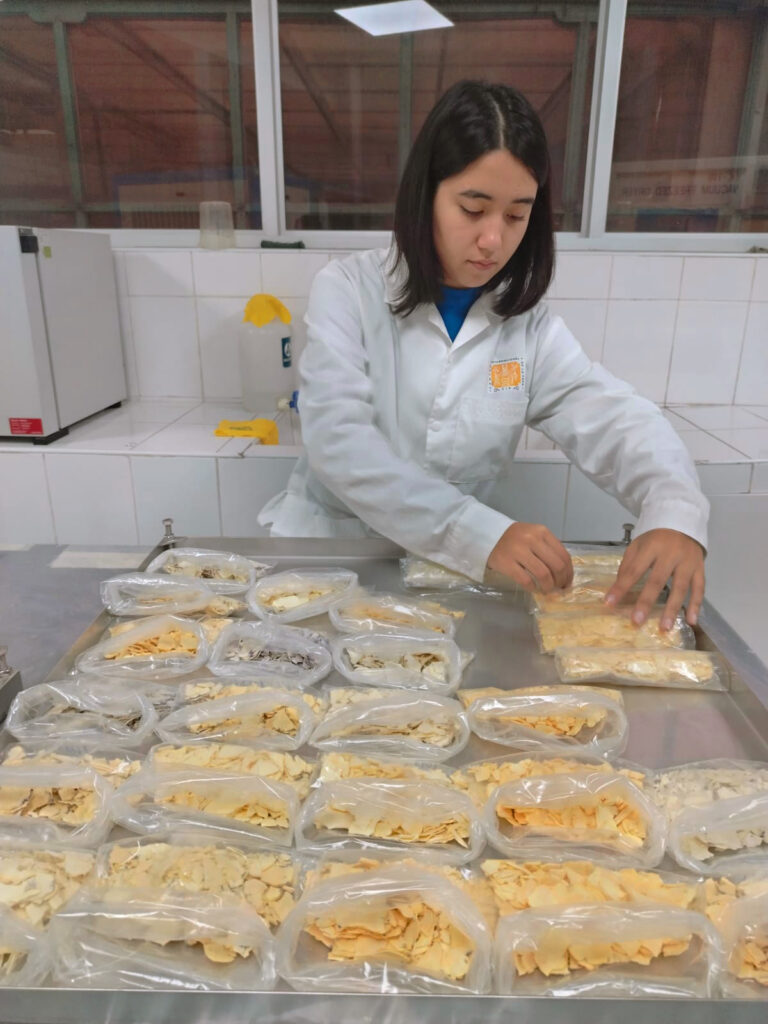
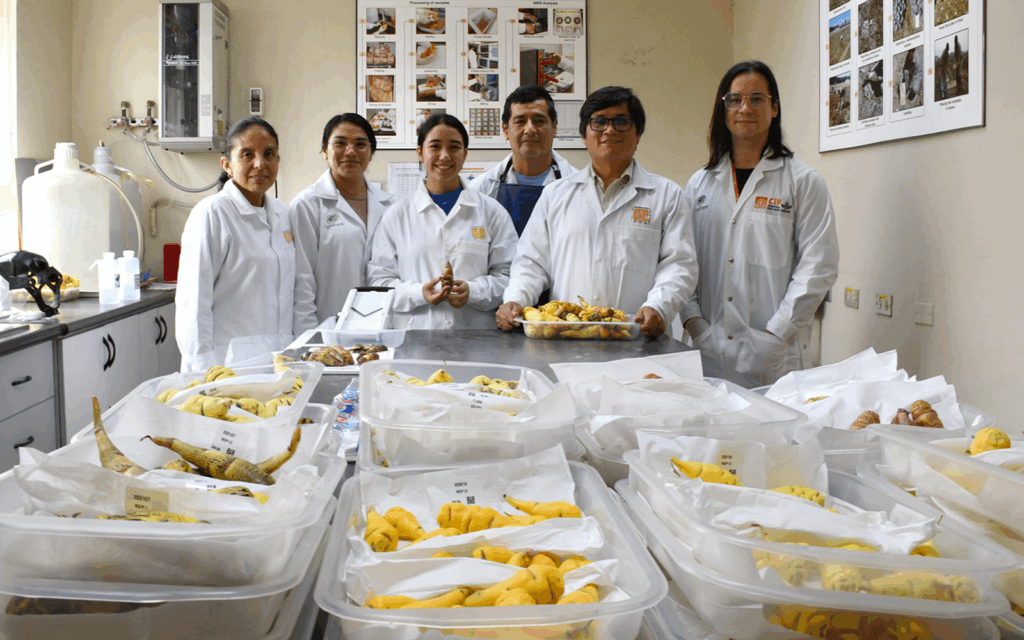
“This experience was life-changing,” she said. “It showed me that change is possible when people from different places and backgrounds work together. Initiatives like this give young people the tools, mentorship, and inspiration to return home and create impact.”
Building tomorrow’s leaders
CIP is proud to host Borlaug-Ruan Interns like Mariana, whose dedication reflects the power of investing in youth. Their voices, energy, and ideas are vital for building inclusive, climate-resilient, and nutritious food systems aligned with the Sustainable Development Goals (SDGs).

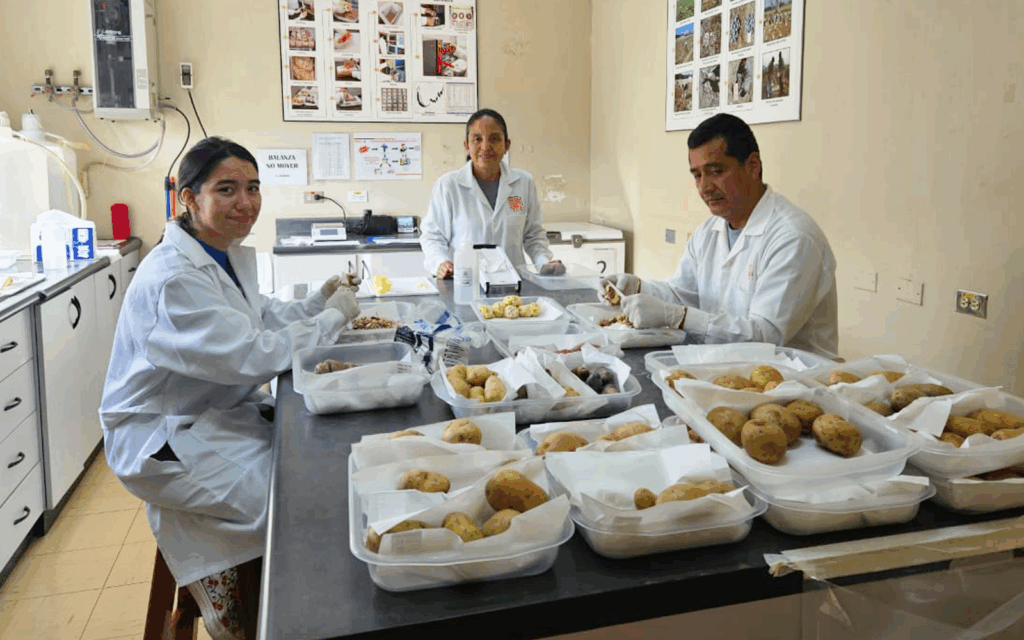
As Mariana looks ahead to her studies in food science and agriculture, she carries with her a renewed sense of purpose: to combine science, innovation, and compassion to transform food systems, starting in Honduras and extending far beyond.
